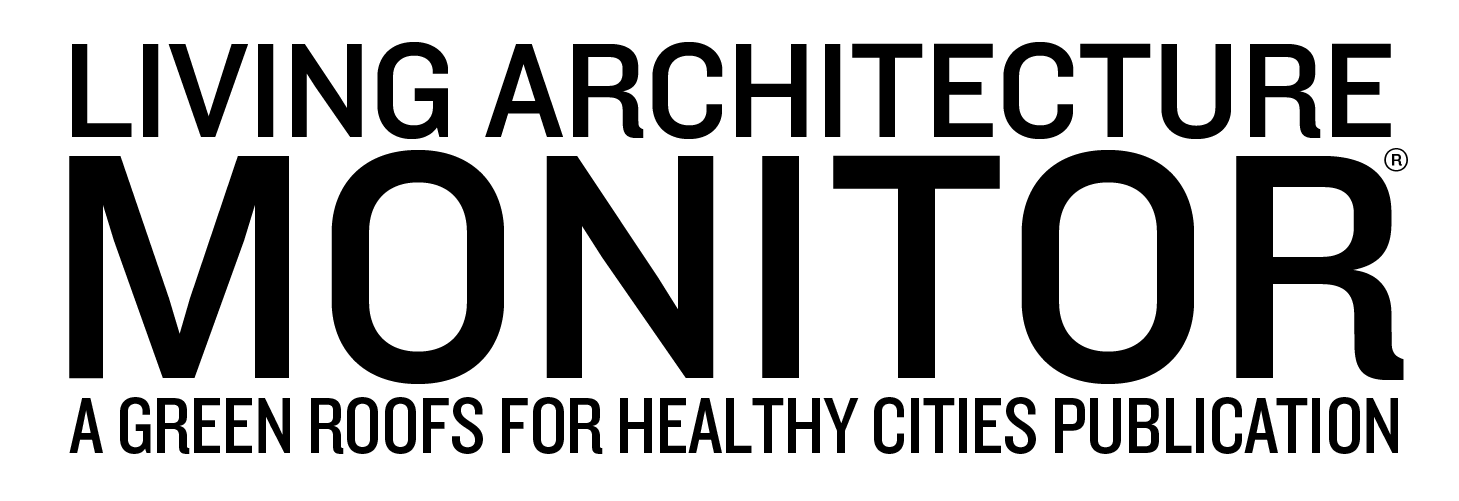Have Your Say: European Commission Consults on New Stormwater Policies
Advertisement
April 2021 was the wettest and coldest April on record, yet summer in Europe could not have had a better start for green infrastructure. Let’s find out why.
On 28 April the European Commission launched an online public consultation on the revision of the EU rules on waste water treatment. The Urban Waste Water Treatment Directive (UWWTD) was developed 30 years ago to ensure clean and safe urban wastewater in European cities. Since then, it has played a substantial role in improving the quality of European water resources and reducing pollution levels in water bodies. However, there are still some issues that the Directive has not fully addressed, namely the lack of a proper legal framework with regard to urban runoff and storm water management. Putting in place such a framework and supporting the development of green infrastructure would help greatly to address some major challenges, including:
Extreme rain events exacerbated by climate change can overwhelm stormwater management infrastructure. Photo Courtesy Steve Zumwalt/FEMA
The collection of a wide range of toxic pollutants such as heavy metals, plastics and microplastics which, in case of storm water overflow, are dumped, usually untreated, into local waterways such as rivers and creeks.
Increased energy consumption for municipalities which spikes when extreme efforts are required from wastewater treatment plants that have to cope with huge inflow of stormwater.
The large social and economic costs such as traffic disruptions, damage to infrastructure and buildings and lost sales for businesses caused by extreme rain water runoff and urban flooding.
These issues will be further aggravated by an increasing number of heavy precipitation events due to the climate crisis, combined with the increase of impervious surfaces in urban areas, which imped rainwater infiltration and evaporation. These two trends are putting further pressure on ageing wastewater infrastructure. Furthermore, the urban heat island effect is due to dramatically increase in urban areas, due to the lack of evaporation, which naturally reduces temperatures.
The very good news is that back in 2019, the European Commission evaluated the UWWTD Directive and found out that storm water overflows and urban run-off could be significantly reduced. The Commission acknowledges that this area is not sufficiently regulated and therefore the online consultation is currently open seeking for inputs from stakeholders. In a series of questions the Commission is asking stakeholders to evaluate the benefits of possible new measures, from establishing EU targets for storm water overflows and urban runoff to introducing guidance on strategies for the use of nature-based solutions to reduce the amount of clean water to be collected in public systems, for example through natural water retention measures and green urbanization.
Advertisement
This is a very promising development! As a community we should work together to support the European Commission with the necessary technical information to define a better legal framework for urban runoff and storm water management. Blue-green infrastructure can greatly contribute to restoring the natural water cycle and increasing evapotranspiration in urban areas. In addition, by retaining and detaining rainwater, green roofs decrease pollutant loads to receiving waters, reduce municipalities’ energy bills to treat rainwater and reduce the cost for extraordinary maintenance and economic loss due to urban flooding.
It is very exciting to see that storm water management is increasingly central to the agenda of European policymakers. It is a key dimension of an holistic approach which aims to leverage green infrastructure to improve the sustainability of our cities aligning building renovations, climate adaptation, biodiversity increase, post covid recovery and mental health strategies.
At the European Chapter of the World Green Infrastructure Network we are absolutely convinced that a holistic advocacy approach for green infrastructure across multiple policies and sectors is the way forward. We hosted the First European Green Infrastructure Day on May 27 and attracted hundreds of participants from across the world and more than thirty high level speakers including senior politicians and EU institutions officials, green infrastructure experts, environmental NGOs, companies and national green roofs and walls associations. Many interesting views were discussed, with one common denominator: despite different angles of observation, greening our cities and buildings is of paramount importance, for us, our children and the children of our children.
Luigi Petito, 45, father of two, is an expert in European public affairs. He is based in Brussels, a cross-roads for international affairs and the European Institutions. In 2019 he was invited to establish and lead the EU Chapter of the World Green Infrastructure Network. Since then he has followed policy and regulatory developments related to green infrastructure and advocates for a more systematic integration of green infrastructure in urban areas. Email Luigi at luigi.petito@wgin.org or follow the World Green Infrastructure Network on Twitter at @WGINetwork





